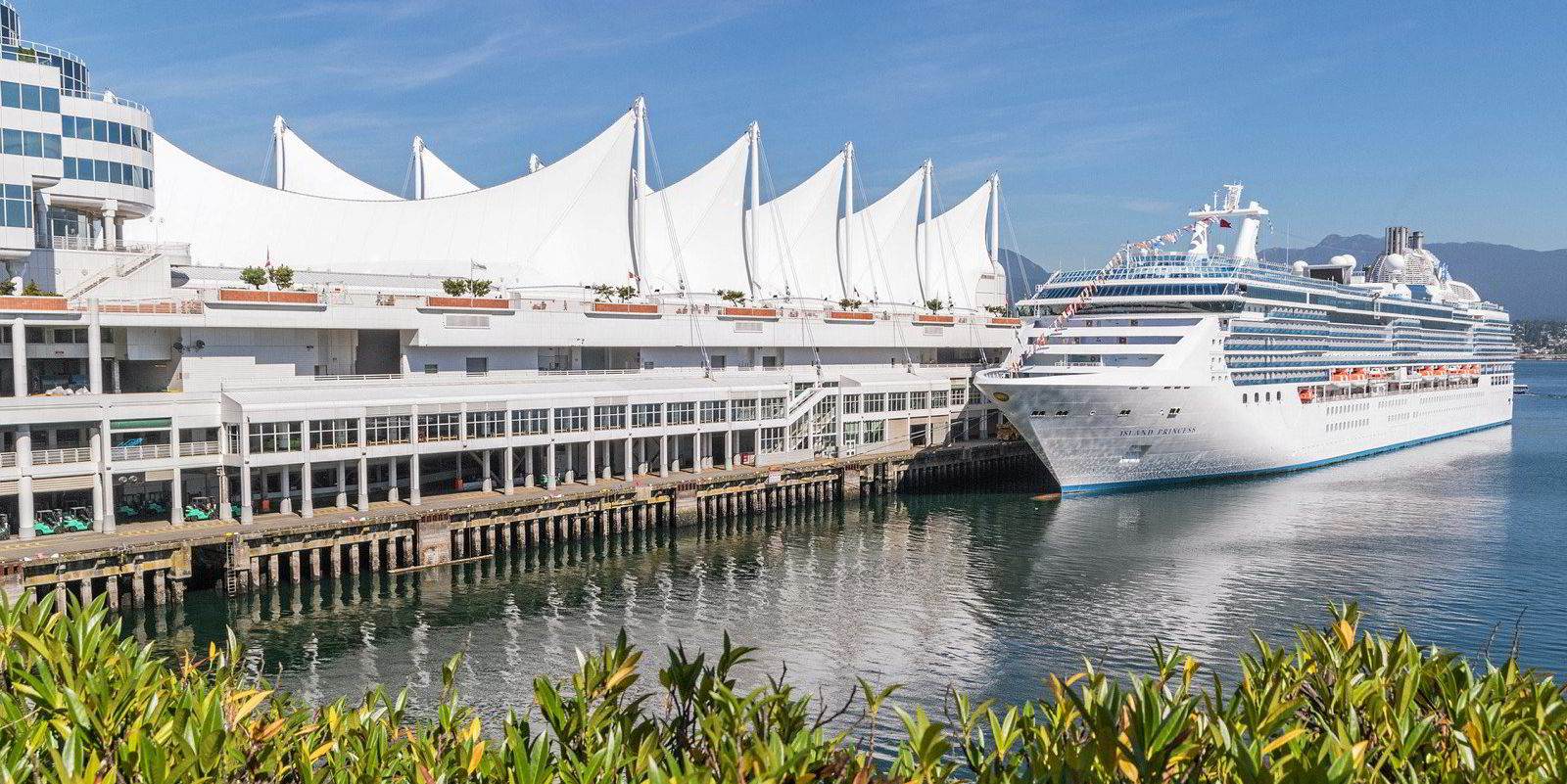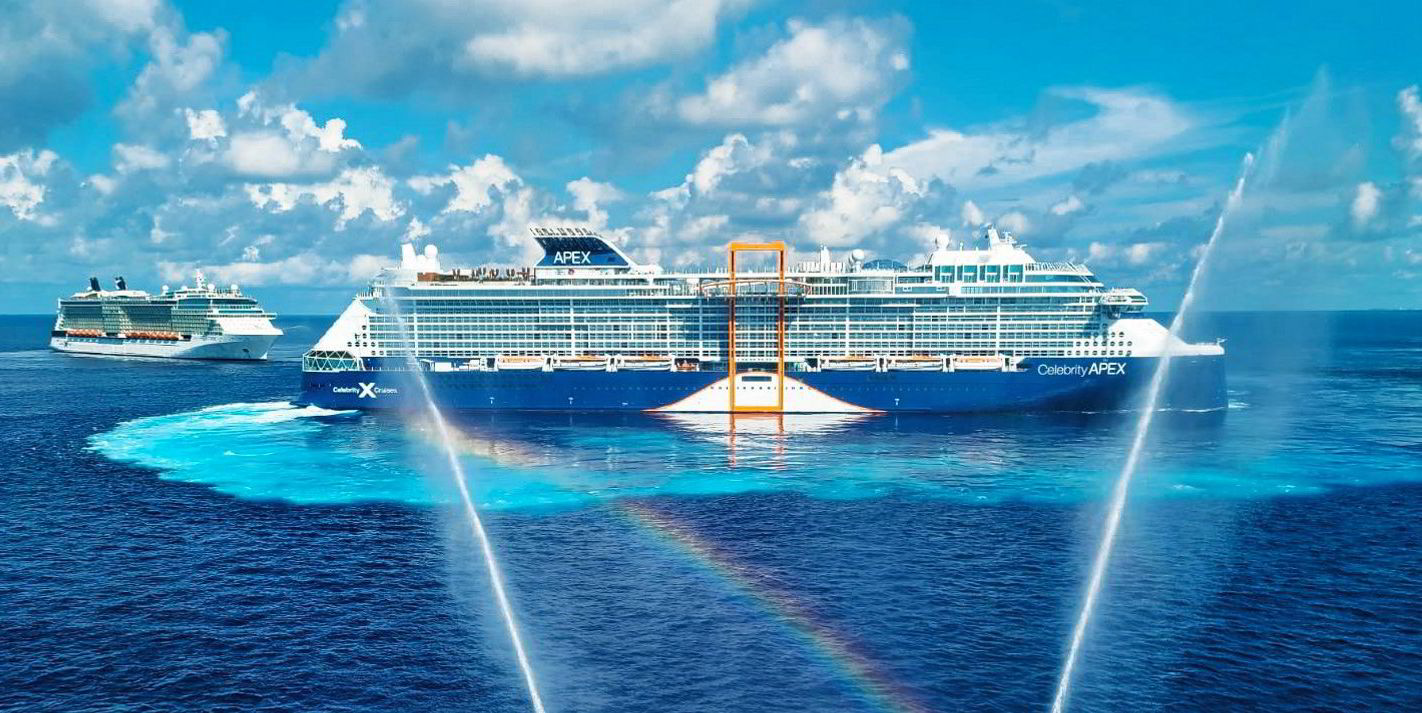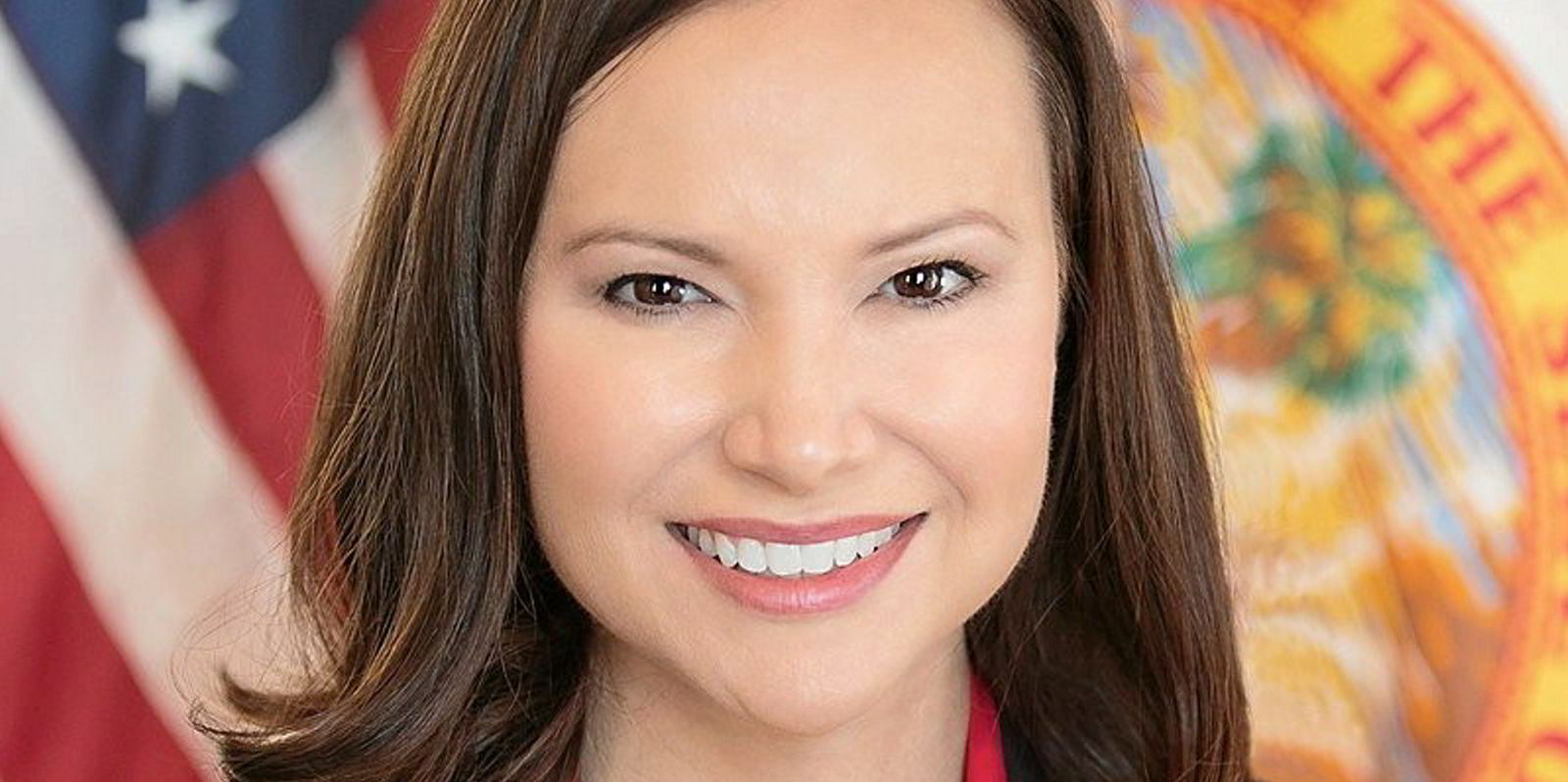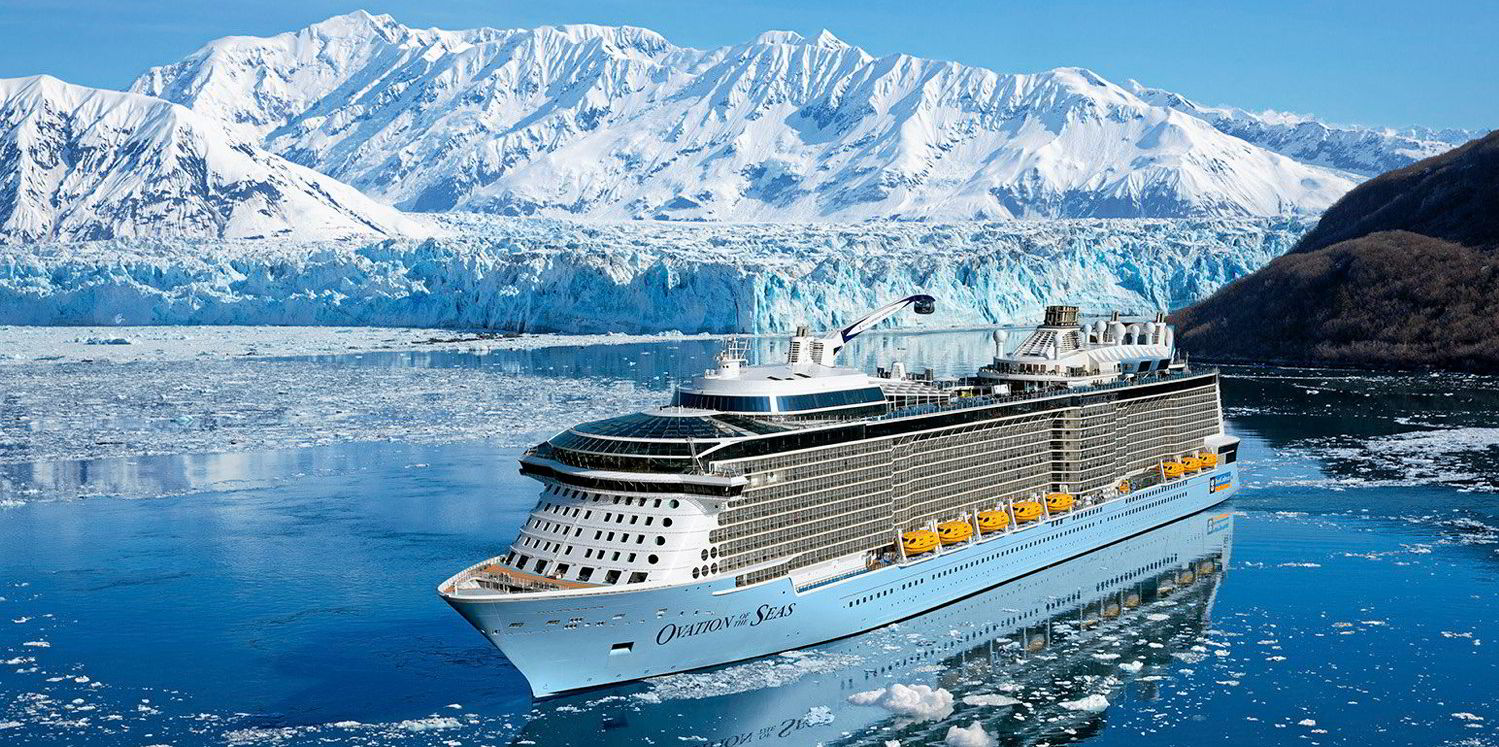The US Centers for Disease Control and Prevention (CDC) has said that cruiseships can begin operating from US ports by mid-July.
The public health agency said in a letter sent to the cruise industry on Wednesday that lines will be permitted to begin operating providing they meet the conditions of the Framework for Conditional Sailing Order drafted last October.
The order detailed a phased approach for the safe and responsible resumption for passenger cruises.
"We acknowledge that cruising will never be a zero-risk activity and that the goal of the CSO’s phased approach is to resume passenger operations in a way that mitigates the risk of Covid-19 transmission on-board cruise ships and across port communities," wrote Aimee Treffiletti, who heads the maritime unit of the CDC's Global Mitigation Task Force for Covid-19 response.
As part of the framework laid out by officials, the CDC said that cruises can resume if 98% of crew and 95% of passengers have been vaccinated against Covid-19.
Social distancing and Covid-19 testing upon boarding will also be required.
"The timeline for resailing is dependent on the cruise operators’ pace and compliance with the Conditional Sailing Order," CDC spokesperson Caitlin Shockey told USA Today on Thursday.
"Ships with a vaccination attestation will be able to bypass simulated voyages, speeding up the timeline for those operators."
Industry relief

The CDC’s decision, which US-based media outlets claimed was prompted by a recent lawsuit filed by the State of Florida against the CDC to overturn the cruise restrictions, has been welcomed by industry players.
In its lawsuit, Florida claimed that the CDC's stranglehold on the industry since March 2020 caused it to lose $3.2bn in economic activity through September that includes 49,500 jobs paying $2.3bn.
In addition, cruise line executives have accused the agency of failing to work with the industry and lacking clarity and transparency.
Cruising is "a vital part" of Florida’s tourism industry that employs thousands of state residents and boosts Florida's economy, state attorney general Ashley Moody said at the time the lawsuit was filed.
Royal Caribbean Group chairman and CEO Richard Fain said in a statement released on Thursday ahead of the company's earnings call that he was pleased with the news.
"Last night, the CDC notified us of some clarifications and amplifications of their Conditional Sail Order which addressed uncertainties and concerns we had raised. They have dealt with many of these items in a constructive manner that takes into account recent advances in vaccines and medical science," Fain said.
"Although this is only part of a very complex process, it encourages us that we now see a pathway to a healthy and achievable return to service, hopefully in time for an Alaskan season," he added.
Fain added that Royal Caribbean was “looking forward to resuming operations out of various ports around the world in the coming months”.
The CEO has good reason to do so. Royal Caribbean's average monthly cash burn rate for the first quarter of 2021 was approximately $300m, he said.
Other senior executives at major US cruise lines expressed similar sentiments to various industry and mainstream news publications.
Complex road ahead

Fain’s contention that the CDC’s decision is only part of a very complex process to revive the cruise industry highlights just how uncertain it will be to plan itineraries.
The Alaska season, one of the largest summer income earners for the US cruise sector, is still contingent on Canada lifting its ban on cruiseships that currently extends to February 2022.
Not only are cruiseships banned, Canada’s borders remain closed to all but non-essential travel, and the country does not exempt vaccinated arrivals from a lengthy quarantine. This situation is unlikely to change in the foreseeable future.
Due to US cabotage restrictions, calling at a Canadian port is a necessity for all non-US-flagged cruiseships.
Industry players said that attempts are being made by the cruise industry to negotiate around these restrictions either through a temporary exemption of cruiseships operating in Alaska to call at a foreign port.
If that fails, they hope to obtain permission from Canadian authorities to allow cruiseships to dock briefly at a Canadian port without any passengers or crew going ashore.
The problem is less acute in the Caribbean as many islands that are popular cruise destinations are still accepting US travellers.(Copyright)






